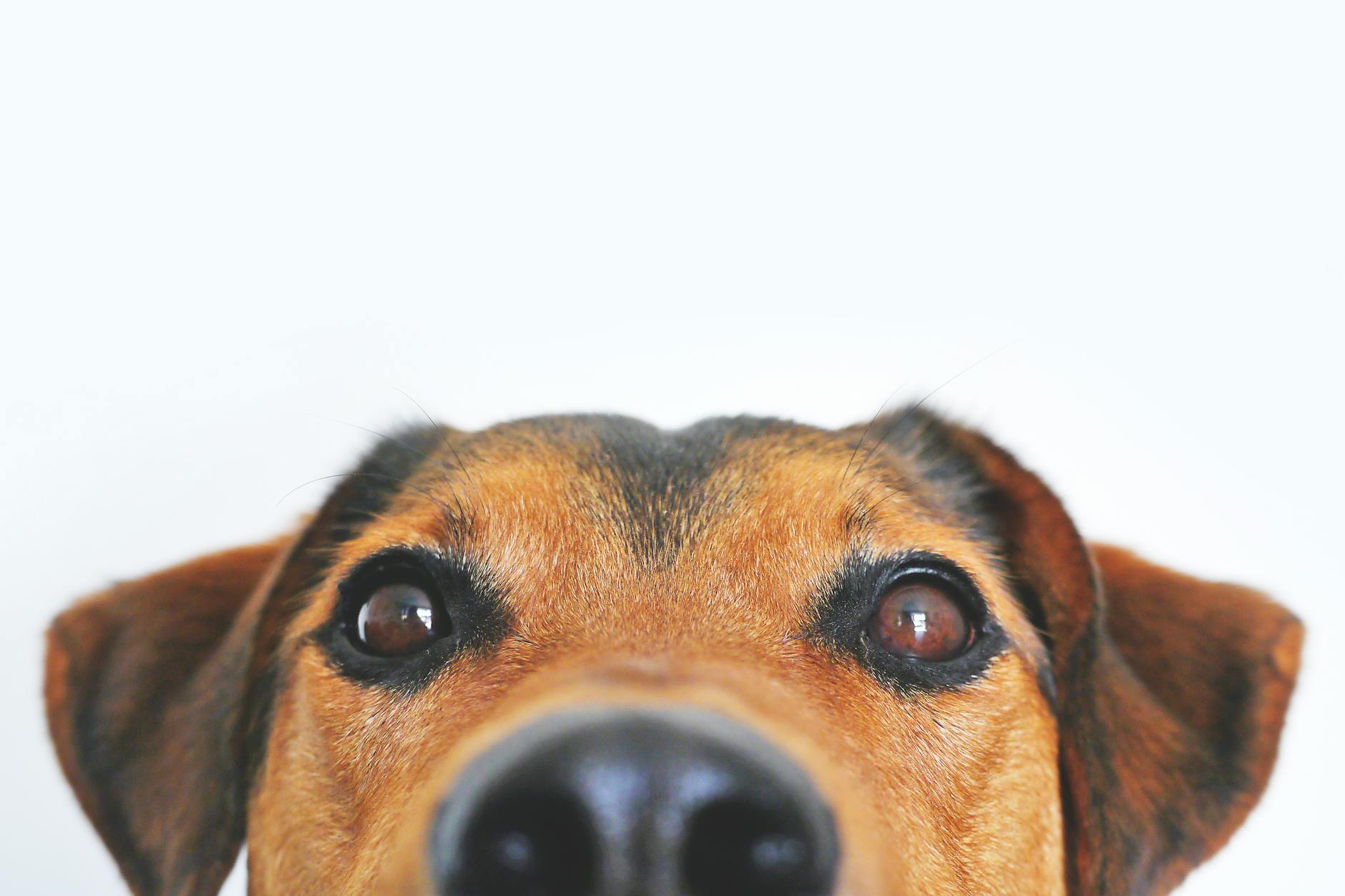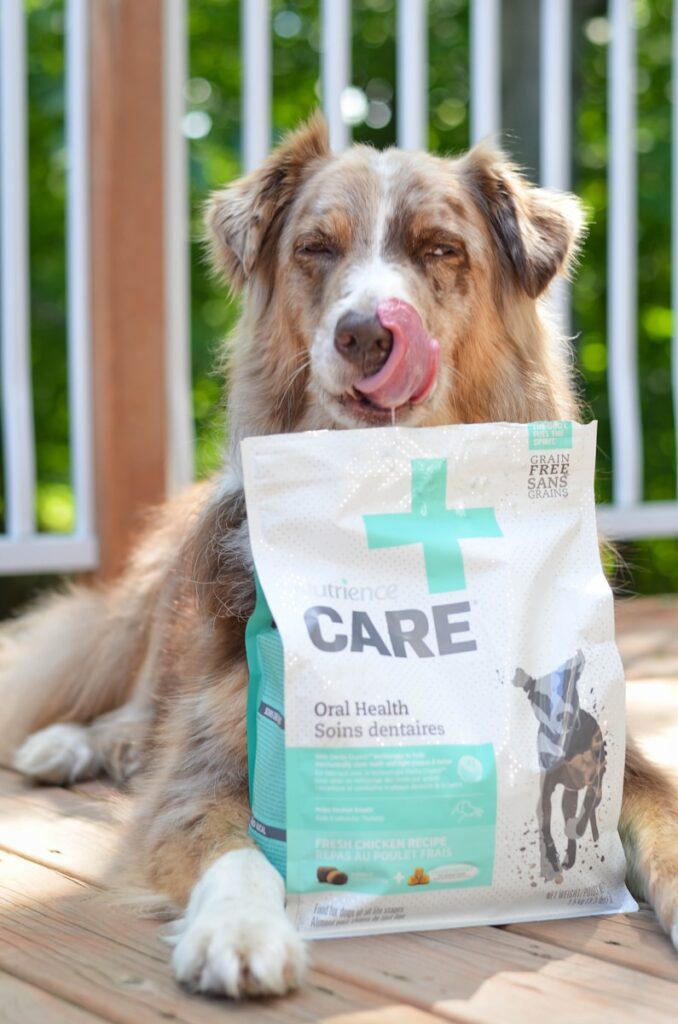Signs Your Dog Has a Toothache

Have you ever suffered from toothache? If so, you know how awful it is. On the barometer of pains we face in life, it really is one of the worst. We often scrub our teeth for ages in the misguided hope that it will go away. We finally book a visit to our friendly neighbourhood dentist rather than endure the pain any longer.

But what’s the truth? Our dogs can also be prone to toothache. They may suffer from several other dental problems like gum disease, plaque buildup, and gingivitis (bad breath).
Unlike humans, our dogs are less likely to communicate their pain to us. Instead, they will continue their daily activities without complaining to anyone. How awful for them! The article here provides the signs and symptoms of toothache. It also mentions other dental issues in your dog. If you recognise any of them, do your dog a favour. Take them to a veterinary practice that specializes in dental care for animals to resolve the problem.
They might also pick up other health care issues related to your dog’s dental issues. Some of these issues can be life-threatening. Therefore, it is in your dog’s best interests to get them the help they need.

Just like your dental care, you can do a lot to protect your dog’s teeth. This will help alleviate the risk of any painful and troublesome problems. Aside from regular visits to the vet, it would help to consider the following.
Brush your dog’s teeth
With special doggy toothpaste (the human variety can be poisonous to dogs), brush your dog’s teeth on a regular basis. Watch this useful video to make the process easier for you and your dog.
You can purchase oral gels for your dog’s dental care. These gels can be rubbed around your dog’s gums and between their teeth. This adds extra protection, neutralising both the buildup of plaque and bad breath. See your vet for details.

Choose food carefully
The experts say soft food is generally bad for your dog’s teeth. Remnants are likely to stick to their teeth and cause plaque and decay. Brushing your dog’s teeth soon after a meal will help. You might also consider giving them kibble. Include other foods that are good for their teeth in their regular diet.


Give your dog something to chew on.
Provide chew toys that are designed to strengthen your dog’s teeth. This is safer than giving them items from around your home to chew on. It can be risky to let your dog find their own object to nibble. Harder objects can potentially break your dog’s teeth. Your nearest pet store will sell what you need.

Be a better dog owner by adhering to these tips. You will keep your dog smiling through regular vet visits and preventative care against dental problems.
Of course, you will be smiling, too, as taking care of your dog’s teeth and overall health will also save you the expense of veterinary medical bills. So, if you haven’t already, follow our tips today, for your dog’s sake and your own.

